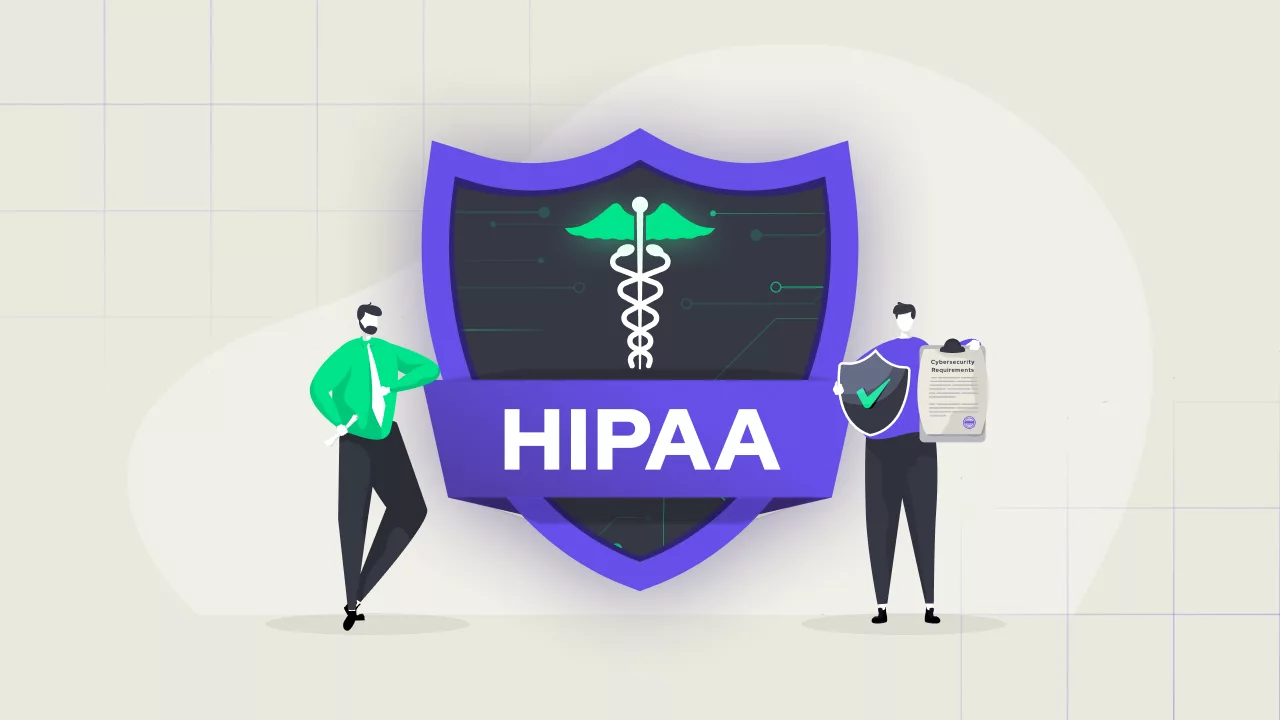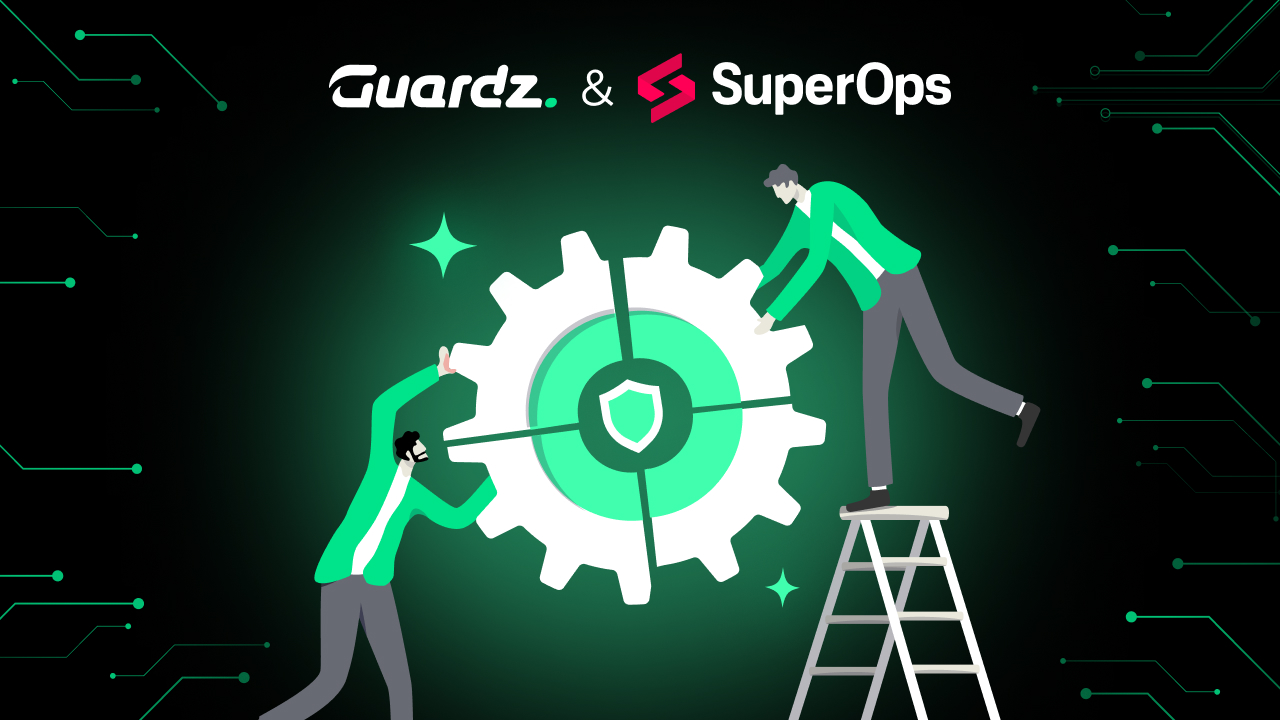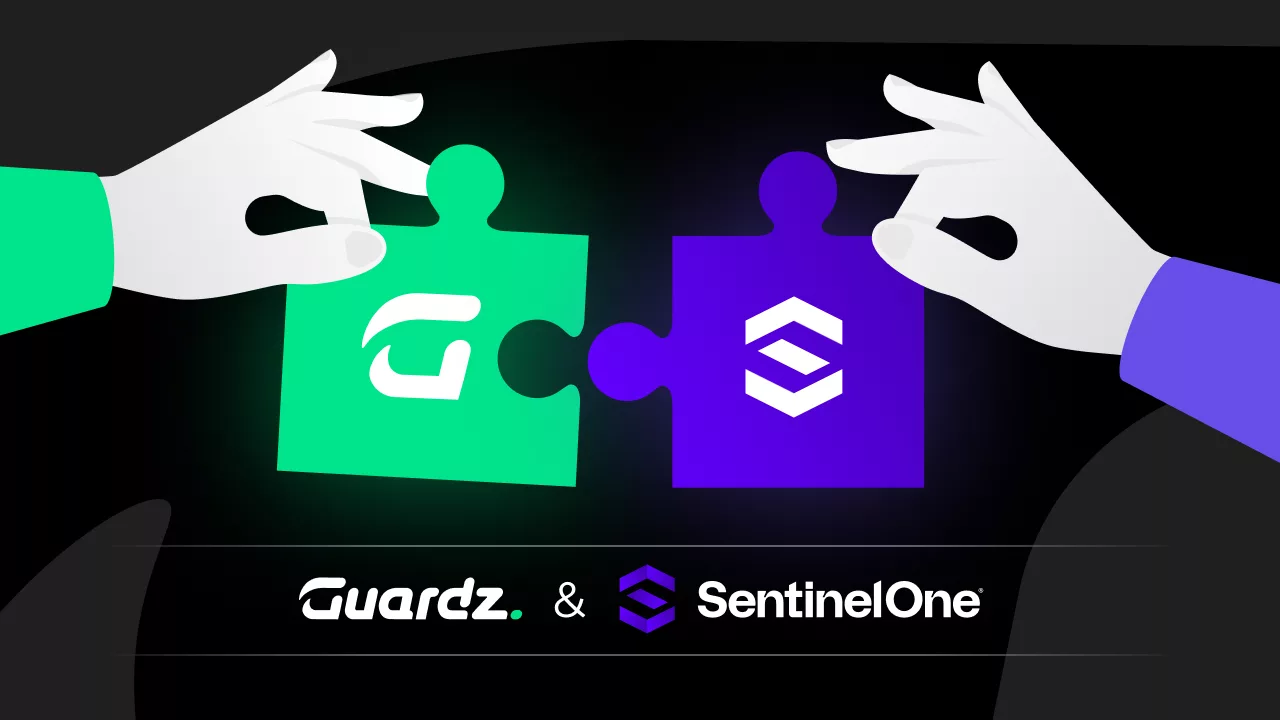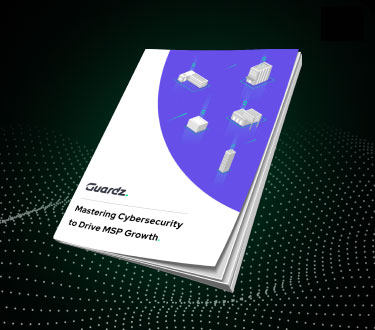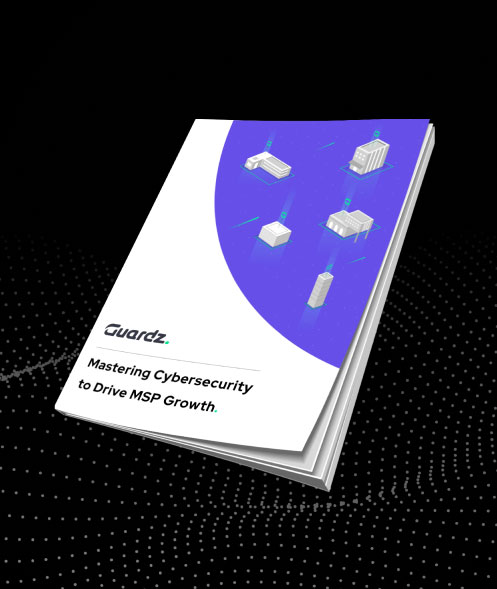According to Gartner, half of all healthcare organizations have suffered a data breach in 2023, making healthcare security more critical than ever. For cybercriminals, healthcare organizations’ data is particularly valuable because patient data includes personally identifiable data (PII), payment, and insurance data that cybercriminals can easily use to conduct insurance and other types of fraud, identity theft, and for pure financial gain. Healthcare data also includes electronic personal health information (PHI), or data in electronic form that is specifically created to identify a patient and is protected under HIPAA, the Health Insurance Portability and Accountability Act.
Since MSPs are responsible for handling the data of many healthcare organizations, they are legally bound to follow these same HIPAA regulations. In addition to protecting PHI, these regulations also require them to limit the disclosure of PHI, report any data breaches to the parties involved, and adhere to the HIPAA Security Rule.
What is the HIPAA Security Rule?
The HIPAA Security Rule is a set of security requirements adopted by the Secretary of Health and Human Services under the Health Insurance Portability and Accountability Act of 1996. It requires that MSPs and businesses who generate, transfer, or store electronic PHI data ensure that it remains private and secure.
In addition, MSPs and businesses must fulfill specific HIPAA cybersecurity requirements, including performing regular security risk analysis and implementing physical, administrative, and technical safeguards for PHI data. These measures protect against the unauthorized use or disclosure of PHI data. Violations of HIPAA regulations range from fees of $100 to $25,000 annually for each category of violation.
Looking to boost your MSP revenue? Guardz got your back!
5 of the Most Common Cybersecurity Risks in the Health Sector
The failure of businesses – and, by extension, MSPs – to comply with the HIPAA Security Law and HIPAA cybersecurity requirements can also lead to common cybersecurity risks. While these risks are common to all industries, they are particularly harmful to healthcare as they have the potential not only to steal a patient’s identity and conduct fraud but also to disrupt critical patient care.
- Data breaches. Data breaches occur when unauthorized users gain access to sensitive or confidential data. They can also be a first step for a malicious attacker’s infiltration into a healthcare organization’s network or system. Over 80 million records were compromised in the healthcare industry in 2023 in the U.S. alone.
- Phishing. Phishing attacks can range from emails impersonating high-level executives and medical suppliers to general phishing emails that include malicious links or attachments to extract sensitive information such as passwords, usernames, and credit card information. For example, healthcare organizations saw an increase in coronavirus-related phishing schemes during the global pandemic.
- Ransomware. More than 75% of U.S. healthcare organizations in 2021 were hit by a ransomware attack. Attackers tend to target this industry because they are perceived to be more willing to pay rather than face critical disruptions in patient care. Ransomware occurs when malicious actors encrypt data and only unencrypt it in exchange for a payment. Double extortion also occurs when cyber criminals threaten to leak sensitive data before encryption.
- Data loss. Data loss from unauthorized users leads to the failure of MSPs and businesses to ensure data privacy and security. Once the data is lost or stolen, it can lead to additional risks, such as ransomware or a data breach.
- DDoS. Fourteen hospitals in the U.S. experienced DDoS attacks on their website in January due to a DDoS attack overwhelming their server or network with traffic. DDoS attacks could disrupt the operation of websites, operations, or other critical healthcare systems.
Risk Management Strategies for MSPs in the Healthcare Industry
To mitigate operational, reputational, financial, and legal damage from these common healthcare cybersecurity risks, MSPs serving healthcare organizations should implement specific risk management practices. The goal of these strategies should be for healthcare organizations to mitigate against cyberattacks while at the same time enabling them to meet HIPAA cybersecurity compliance.
These risk management strategies should include:
- Understanding compliance requirements. Although HIPAA requirements are the most obvious regulatory standard applicable to the industry, it isn’t the only one. Depending on the type of data, patient or consumer, and the nature of the organization, businesses and MSPs could be subject to additional requirements.
- Have a backup plan in place. Healthcare organizations must prioritize business continuity to deliver critical care to patients. In the event of a cyberattack, natural disaster, or power outage, MSPs should be prepared to restore client data quickly and offer extra services for this in these circumstances.
- Strengthening your network security. Ensure that your firewalls, intrusion detection/prevention systems, VPNs, and DDoS mitigation tools are up-to-date and configured correctly so that they can maximize protection against unauthorized access and cyberattacks.
- Continuous monitoring. Compliance requirements, IT infrastructure, and the cybersecurity landscape are constantly evolving. A cybersecurity platform built for MSPs such as Guardz can continuously monitor these risks, delivering protection against ransomware, phishing attacks, data loss, and more.
- Employee training. MSPs should educate themselves about the particular needs of their healthcare clients. For example, they should be aware of the requirements for HIPAA cybersecurity compliance, risk management strategies that help them meet these requirements and the various repercussions both they and their clients face for failure to meet compliance.
Empowering MSPs with AI-Driven Cybersecurity:
Secure SMBs like Never Before
How Guardz Helps You Meet HIPAA Cybersecurity Compliance
With stretched resources, thin budgets, and a critical technical expertise gap, SMEs – and those in the healthcare industry in particular – are unprepared to defend themselves against the next cyberattack. Guardz is a unified cybersecurity platform built for MSPs to secure and insure small businesses from the top cybersecurity threats, such as healthcare, such as phishing, ransomware attacks, data loss, and user and data security, with an AI-based multilayered approach. In addition, it offers a non-intrusive external attack surface scan that delivers MSP’s understanding of the full extent of the exposure across their clients’ digital footprint as well as a proposed and tailored solution.
- Share On:


